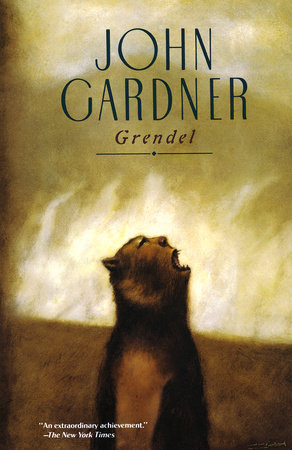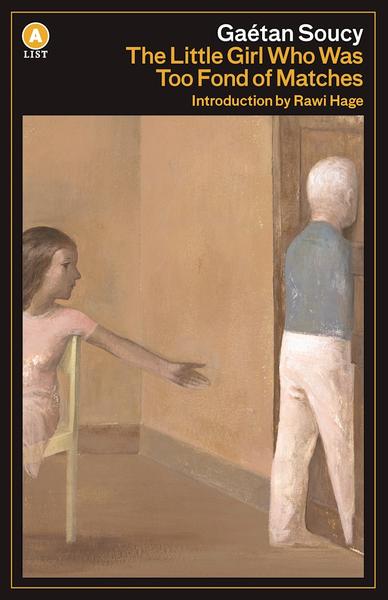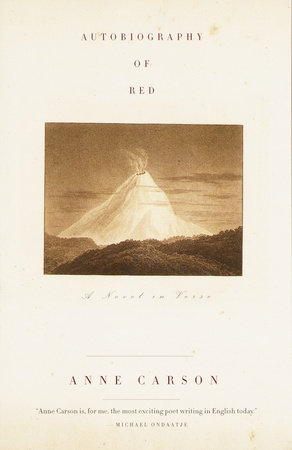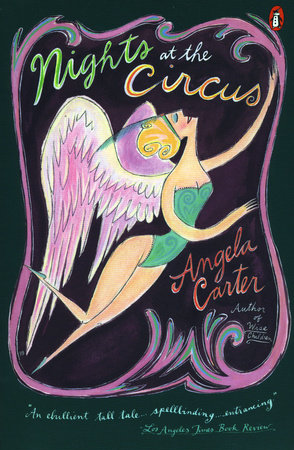When we are kids, every adult is a mythical beast. Whether it’s Uncle Larry Fartpits bursting into trollish spurts of unearthly armpit noises, or Haddy the hirsute neighbor beckoning us back to see her recently tenanted rat traps, or our best friend’s dad groping out of the daytime dark after sleeping off the night shift—monsters have always been around us.
It can be hard early on to determine what a human being is and isn’t, what we can and cannot do, what we should and shouldn’t say and think. How do we know what to emulate? How do we know what to avoid? Is it normal that the babysitter served us Kool-Aid from the water in the toilet tank? Is it odd that our nanna flicks droppings from her couch before sitting us on it? Should we really try that game at camp with the mud and the eggs and the blindfolds? Where are the adults here?
Isn’t that where they all come from—all those mythical creatures, beasts, and ghouls of our childhood—these first fears and fantasies of what is human, of who and what we’re vulnerable to, of what we ourselves are capable of and expected to do?
Then we grow up. Some of us never get to relive the lusty abandon of running, or the slick bewitchments of fingerpainting, or the gritty gastronomy of beach sand. The world may still be full of glory and distortion, but it’s not breathing down our necks anymore—nor is it opening its sweaty, effluvious bloom to us. Our smallness no longer feels big; we no longer pulsate with dread and delight over our own human prospects. So what do we do? We get out our best playing cards and look back and reminisce, we recreate and reinvent with our own children, we get a little drunk and watch a few movies and read a few books.
When I wrote From Hell to Breakfast, I didn’t expect to see monsters populate it. They just came, without invitation, trampling my intentions, sitting down to the dinner table in their funk and their glee. I was intending to write about people—the absurd and indolent ways we indignify our intimacy, the way we abuse our close proximity, the way we entomb ourselves in our versions of the self. But people are monsters and monsters are people. Most of these humdrum savages have started out as our own friends and family. So when I was done writing I went looking for others, more of these blithe homunculi that flossed their teeth with the mail on the front porch, the ones more human than human, the ones more familiar than not. The books I found are a special breed: they bring us back to the mythical creatures inside us and around us, and they show us once again that they are us.

Grendel by John Gardner
Poignantly visceral and mystical, this is the Grendel of the infamous old-English tale who fed on the poor saps at the meadhall. But what we find out is how tortured, how debilitated he is–by the universe, by the close enclaves of the wretched and warring humans, by the blithe and blundering beasts of his own woebegone wilderness, by the rank domesticity of his dear and rumbling mother. This book is everything under the stars colluding with his own interminable slurping of blood, which he does ambivalently, feeding on victims who seem to be unfolding all the evils and mercies of human history right out in front of him. It’s an enthralling and poignant tale of monstrous forbearance, the plaguing mysteries of brute existence, and the chasms that are crossed between cohabitation, fellowship, and conquest.

Labrador by Kathryn Davis
An angel, mysterious and instrumental, goes incarnate in the top floor of a house where two sisters are growing up. It’s the cusp of the 1960’s and the sisters are beset by the gross distortions of male desire—a grandfather’s original betrayal, a father’s ogling eye, an admirer’s perverse attention, a community’s uncouth children—even a civilization’s storytelling and mythmaking. The angel, Rogni, bristles with a perilous consuming light—not the protector of either sister. As they grow up, these sisters turn against each other and fail each other over and over, trying off and on to touch upon a time when things did radiate a pure light, when love was fresh and fertile and unbeseiged by others, when one could belong to another and in that way be her whole self.

Little Girl Who Was Too Fond of Matches by Gaetan Soucy
In this one, there is a beast of a father. Everyone and everything is distorted by his original vision, and the reclusive siblings that live with him have been spooled into being on his lies and cruelties. He is dead now, and his chirpy and delusional progeny must tend to the practical matters of his dispatch. The jaunty and singsong raconteur of this story slowly and atrociously opens a vault on a life of vicious neglect and abuse, without a hint of awareness. What comes through is such an alienated version of self that this becomes the very beast that we thought had already been dispatched, or at least a new one, begotten by the father and sent alone and luckless into the wilderness.

Orlando: A Biography by Virginia Woolf
Our hero takes shape under the tender scrutiny of a doting biographer—over and over again. From young nobleman to foreign ambassador to gypsy vagabond to wife and mother, Orlando is the quintessential changeling, traversing centuries with epic aplomb, shifting sex and gender with serene relish, endearingly earnest—eternally a poet—Orlando charmingly courts all of life’s vagaries and insults, trailing a series of philosophical, existential and civil questions behind. Though it can sometimes be lonely and dissonant, Orlando ultimately captures an optimistic sense of possibility, a celebration of human potential, a promise that human transformation, and therefore transcendence, is always on the verge.

Autobiography of Red by Anne Carson
In Greek myth, Geryon was but a minor character dispatched quite summarily by Herakles in the tenth labor. In Carson’s rendition, he is transplanted into modern times and with us from boyhood: getting walked to kindergarten, dreading the babysitter, hiding behind his manual-lens camera, hooded up under his coat. He has a brother who sexually abuses him and a mother who laconically dotes on him. His red wings are pinched and tidied under his coat. He makes it to adolescence and meets Herakles, after which he scrawls some graffiti, leaves home, takes day drives to volcanoes. Thus he seems to re-write the tale about himself, allegorically-yet-factually, the volcano looming ever larger as a newfangled manifestation of his red self—of a red, raw fate he may actually seize, or sidle up to, forgetting for a moment the lens of his camera, and coming out clean and sure.

Nights At The Circus by Angela Carter
This novel about a 19th century aerialiste extraordinaire is fanciful and flamboyant in its attentions to Sophie Fevvers, the part woman-part swan who runs the show of this book. Or so she claims. She’s a self-cultivated spectacle, glitzy and lurid and flaunting an air of greasy hoax, and she wields a raunchy feminine virility that wins everybody’s adulation. For all her audacity, Fevvers is sly and calculating, as she must be, for she exists in a man’s world and must fly torpidly into the swarm. While we cling to her migrations across London with the circus, through St. Petersberg, and into the wilds of Siberia, we experience her great soaring escape, which is always a woman’s dubious triumph, and especially at the end of a restless century—as if it is the natural order of things to slip from gaudy spectacle to the strange tribulations of the unmade self, and finally go out on the truancy of real myth.

When We Were Animals by Joshua Gaylord
During the full moon, the pubescent population of this town goes gruesomely carnal, thrashing and sexing it up in the neighborhoods while their parents and other institutional wardens cower behind locked doors. The next day, baths are run for them. This seems to be the way of things as Lumen, a late bloomer, finds herself slowly unraveling into the fray. Among other things, she wants to know why her mother did not succumb to the “breach.” Her mother who is dead now. The story is told by a Lumen who is reflecting back on this lost time of lycanthropy as a mother and wife, now far away and long gone. This is an interesting novel about the horrors of growing up and how harrowing it is to be ushered into a world that will grope and brutalize you, one that you have made yourself and will surely pass along.
The post 7 Novels about Mythical Creatures appeared first on Electric Literature.
Source : 7 Novels about Mythical Creatures







